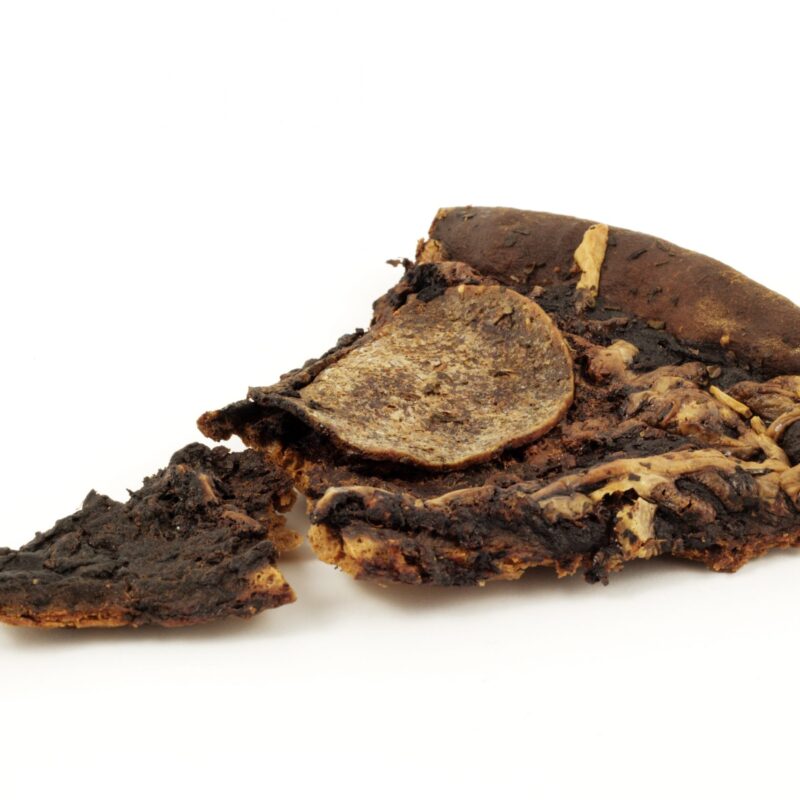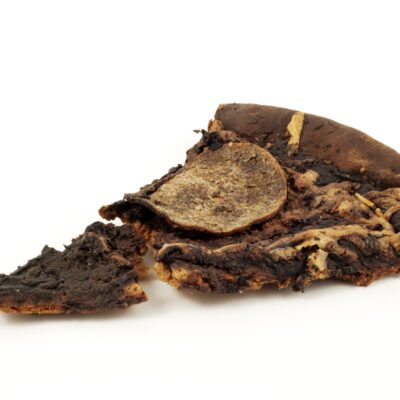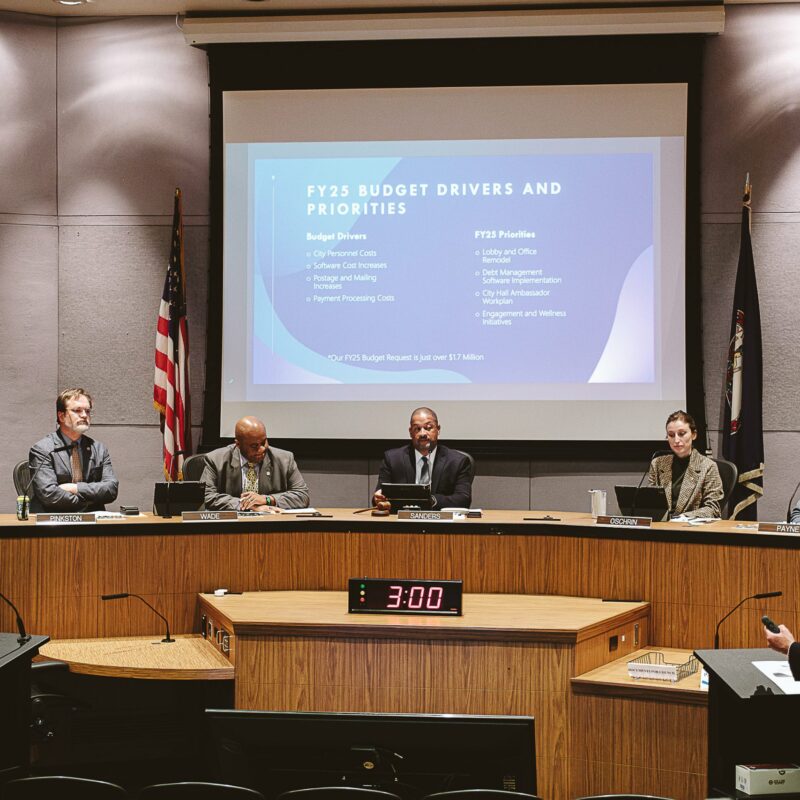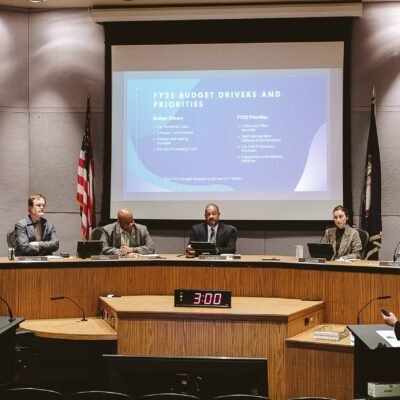If we’re to believe Oscar Wilde, that “one’s real life is often the life that one does not lead,” then music critics are like half-assed biographers. We manipulate the narrative of a songwriter’s life using the records we have at our fingertips and the murmurs of our peers and, when a new record comes out, it either fits with the character we think we’ve created or it doesn’t. One critic might hate Lou Reed’s Metal Machine Music because he loved Sally Can’t Dance, while another might love it as a paranoid successor to Berlin. A third presumably stopped listening to Lou after Velvet Underground released Loaded. For a critic, a three-year span between records passes like a single, pulpy page between chapters.
| Listen to "Strange Victory Strange Defeat" from Lookout Mountain, Lookout Sea by Silver Jews
|
Which brings us to former Charlottesville resident David Berman and his band, Silver Jews, whose last record, 2005’s Tanglewood Numbers, was a chapter sealed with a doozy of a cliffhanger. “There is a place past the blues I never want to see again,” Berman sang on Tanglewood’s closing track, before leaving us with the lines, “I took a hammer to it all” and “I saw God’s shadow on the world.” Despite anything that actually happened in Berman’s personal life during the three years since his last record—his first tour in his band’s lengthy career, an expanding distance between Berman and his substance abuse—the last meditated-upon words we received from the barrel-throated Berman, the only true author of his musical career, were of a violent change and a valley of darkness.
Lookout Mountain, Lookout Sea is a spectacular album, one of the best rock records of the year (thus far) and a new plot twist in the Silver Jews saga. But, as the author promised us, it’s a change, and the book could end here for a few. The honky-tonk production is both intensified and expanded, given a syrupy shimmer of reverb on guitars and most of Berman’s vocals. There are no true—or false, or overly ironic—guitar heroics; instead, Peyton Pinkerton and William Tyler step up into the mix for a few bars of slick, Sun Records-style riffs then sink back again.
The biggest departure, however, is in Berman’s lyrics—no small matter for a writer whose first book of poetry, Actual Air, prompted poet Billy Collins to call Berman “the voice I have been waiting so long to hear.” Rather than the questionably autobiographic material of his previous records, a glimpse through the liner notes suggests that Berman went out of his way to stop writing songs about himself, at least as a biographer. Opening track “What Is Not But Could Be If,” a Leonard Cohen vocal romp through a tune from Ennio Morricone, is Berman’s invocation of his new record’s persistance. A handful of self-propelled narrative tunes—namely “Candy Jail” and “Party Barge”—are too ludicrous for the nonfiction shelves. And, as if to prevent listeners from reading the reclusiveness of “My Pillow is the Threshold” as a confession of anxiety, he brackets the entire set of lyrics in two quotation marks, as if the words were thoughts he was privy to in someone else’s head—Berman the narrator singing about Berman the character.
“Suffering Jukebox” may be one of the finest odes to audio nostalgia ever penned, and “San Francisco, B.C.” is a riotous update of story songs like “Boy Named Sue” and “Alice’s Restaurant,” the tale of an orphaned bohemian woman abandoning her lover. (Killer line: “She said, ‘You don’t make enough to provide for me.’/ I said, ‘What about the stuff that we, quote, believe?’”) And, distanced from its author, “My Pillow is the Threshold” shimmers like a lampshade in a darkened room, a lovelorn dreamworld where “what looks like sleep is really hot pursuit.”
Maybe the consecutive goofballery of “Candy Jail” and “Party Barge” is a bit much—I wonder if Billy Collins applauds Berman’s choice to rhyme “licorice” with “Swedish fish”?—but Lookout Mountain, Lookout Sea is an ecstatic experience in the literal sense, an often joyous, crisp rock album that leaves Berman poised on another precipice, ready to start another chapter or, should he desire, a new book altogether.





